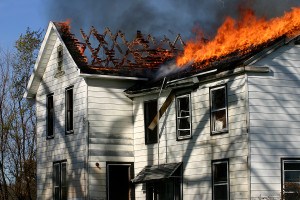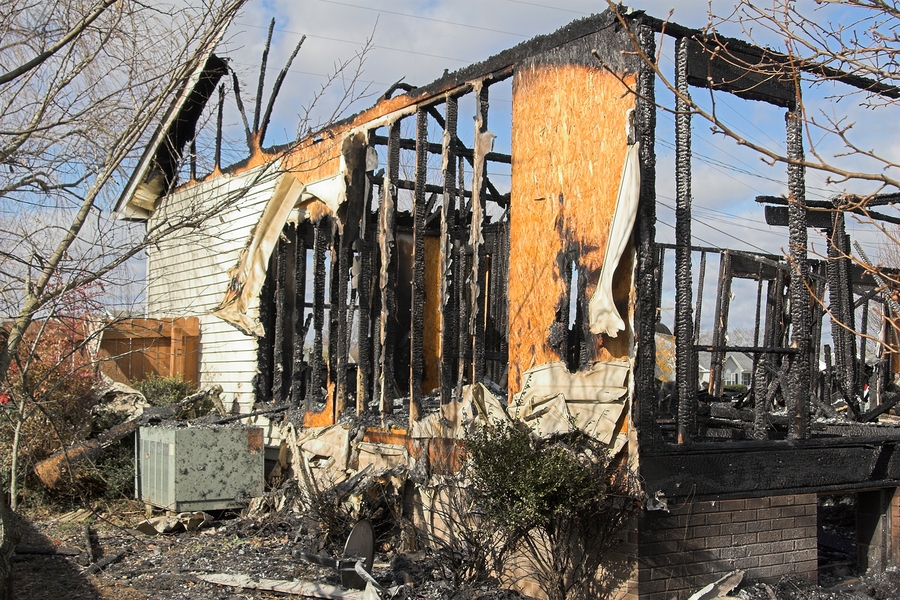Between 2011 and 2013, more than 2500 people died in residential fires, according to a just released report.
During that time period, 83 percent of civilian fire fatalities occurred as a result of house fires.
The U.S. Fire Administration’s latest Civilian Fire Fatalities in Residential Buildings report found that most fatal fires occurred late at night or during early morning hours. Because most people are sleeping during that time, it was considered a major contributing factor. Fatal house fires were also found to occur most frequently during the winter months, peaking in January. Human factors contributing to fatality included being asleep at the time of the fire, as well as having a physical disability or alcohol impairment.
 Fire pattern, egress and escape issues were the top three factors contributing to house fire fatalities.
Fire pattern, egress and escape issues were the top three factors contributing to house fire fatalities.
The three main causes of residential fires were unintentional acts, playing with a heat source and smoking.
Additional report findings:
- Annually, an estimated 2,530 civilian fire fatalities resulted from 1,700 fatal fires in residential buildings and an estimated 372,900 residential building fires.
- Thermal burns and smoke inhalation were the primary symptoms leading to death, accounting for 90 percent of all fatalities in residential fires.
- Bedrooms, at 50 percent, were the leading specific location where civilian fire fatalities occurred in residential buildings.
- The time period from 11 p.m. to 7 a.m. accounted for 52 percent of civilian fire fatalities in residential buildings.
- At the time of their deaths, 36 percent of fire victims in residential buildings were trying to escape; an additional 33 percent were sleeping.
- “Other unintentional, careless” actions (15 percent) and “smoking” (14 percent) were the leading reported causes of fatal fires in residential buildings.
- Adults aged 50 to 69 accounted for 36 percent of civilian fire fatalities in residential buildings.
Source: USFA
Was this article valuable?
Here are more articles you may enjoy.


 NYC Travel Snarled by Snow as Central Park Gets 15 Inches
NYC Travel Snarled by Snow as Central Park Gets 15 Inches  Tesla’s Austin Robotaxis Report 14 Crashes in First Eight Months
Tesla’s Austin Robotaxis Report 14 Crashes in First Eight Months  Gas-Guzzler Revival Risks Dead-End Future for US Automakers
Gas-Guzzler Revival Risks Dead-End Future for US Automakers  When the Workplace Is Everywhere: The New Reality of Workers’ Comp Claims
When the Workplace Is Everywhere: The New Reality of Workers’ Comp Claims 